Foundation Settlement Repair Solutions
for a Stable Home
No homeowner wants to think about cracks in their home’s foundation. When you spot a small crack, it’s easier to ignore it than to investigate further. But cracks don’t shrink.
In the Carolinas, soil can get overly dry or waterlogged, causing it to shift. And when it does, your home’s foundation shifts with it, which can cause cracks. Left alone, small cracks become larger problems that can’t be ignored. Moisture Loc identifies the cause of foundation issues and repairs them before real damage sets in.
- Stop house settlement early
- Stabilize vulnerable areas
- Protect your home's value and safety
Fix it now before it costs more later.
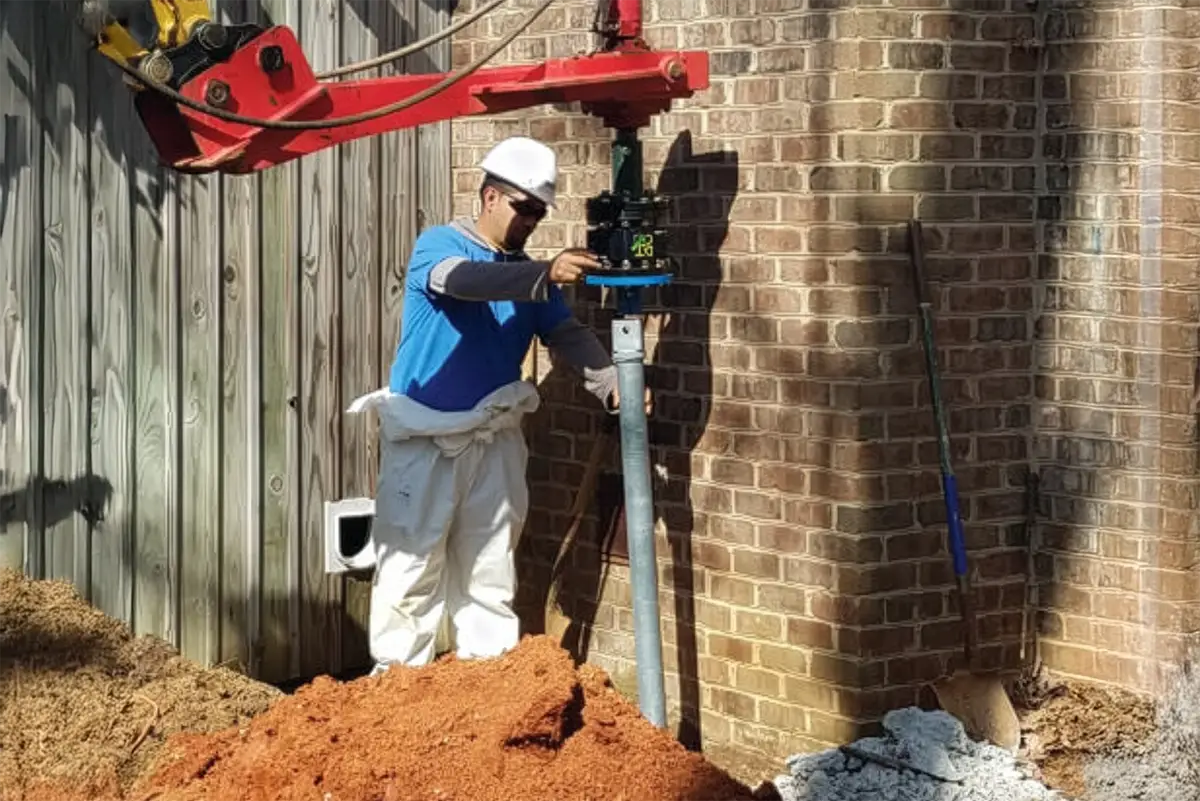
The Importance of Fixing Your Foundation
Foundation settlement is common in the Carolinas thanks to soil that’s heavy in clay. That, plus our climate, which includes both heavy rains and long periods of drought, makes the soil shrink and expand throughout the year. Over time, these cycles cause the soil under your home to shift, taking your foundation with it.
Ignoring early signs of foundation problems can compromise your home’s safety, leading to uneven floors, leaks, and costly repairs. Fixing issues early isn’t just smart, it’s critical. Moisture Loc diagnoses the underlying soil issues, stabilizes your foundation, and keeps your home stable and secure.
Call 704-554-9229 or request a free inspection of your home's foundation!
Looking for added protection?
Learn more about our Yard Drainage services.
Common Signs of
Foundation Settlement
- Cracks in walls, floors, or exterior brick
- Doors and windows that stick or won’t close
- Cabinets and counters separating from walls
- Cracked or leaning chimneys
- Uneven or sloping floors
- Gaps between walls and trim
- Water intrusion in the basement or crawl space
If you’re seeing any of these signs, they likely aren’t just cosmetic quirks. They’re warnings. Don’t wait for minor problems to become far worse.
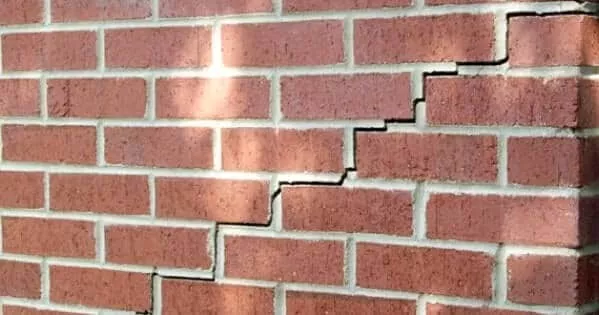
Cracked Brick
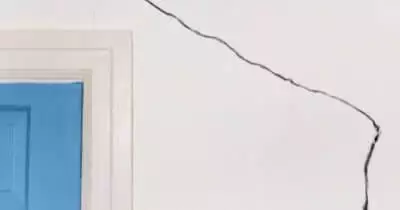
Drywall Cracks
Types of Foundation Settlement Repair
Different foundation issues require different repair methods. Soil conditions and the severity of your home’s situation will determine the approach we take. Typical foundation repair services for settlement include:
Underpinning
Underpinning involves installing piers or pilings beneath the foundation to support and raise it back to its original level.
Slabjacking
Slabjacking is a process where a cement-based grout is injected beneath the foundation to fill voids and level it back up.
Wall Anchors
Wall anchors are steel plates that reinforce the foundation walls. The plates connect to anchor rods that screw deep into the ground for additional support.
Helical Piers
Helical piers are steel shafts with helical blades that are screwed into the ground to provide additional support for your home’s foundation. Helical piers are permanent, quick to install, and require minimal excavation, providing an efficient and effective foundation repair without tearing up your backyard.
Helical piers are also ideal for new construction projects, where added stability is needed before settling becomes a problem.
Call 704-554-9229 to learn more.
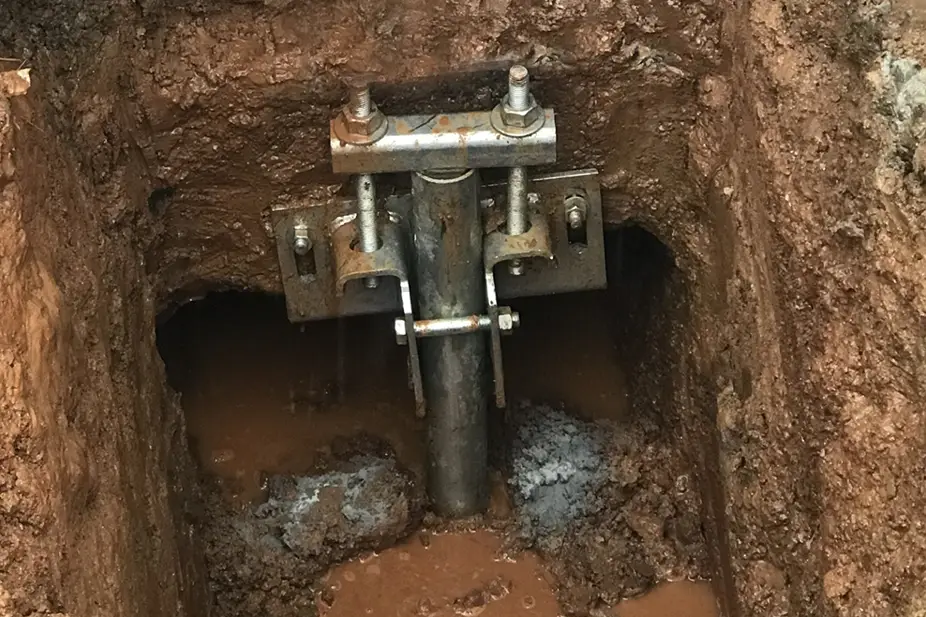
Helical Pier Installation
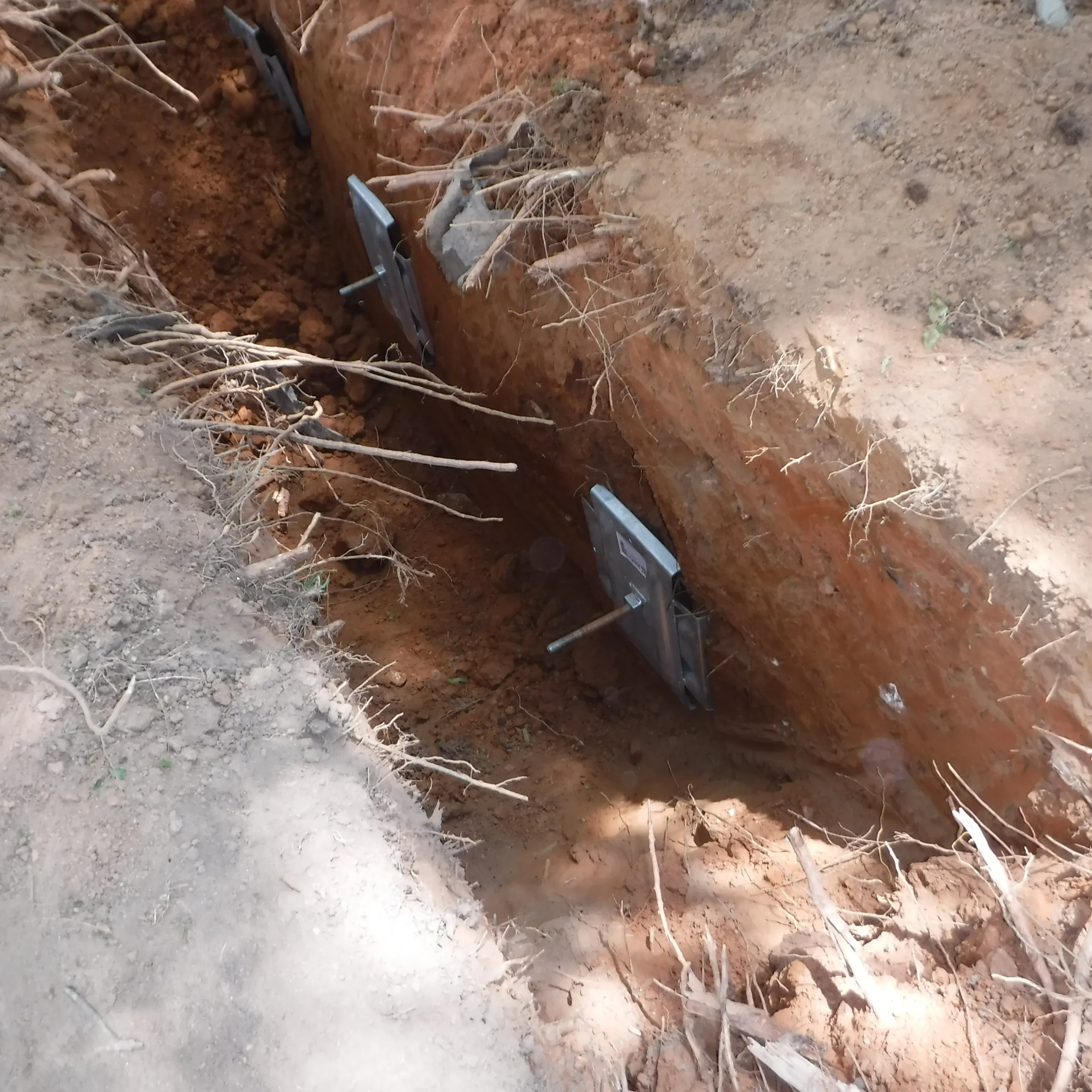
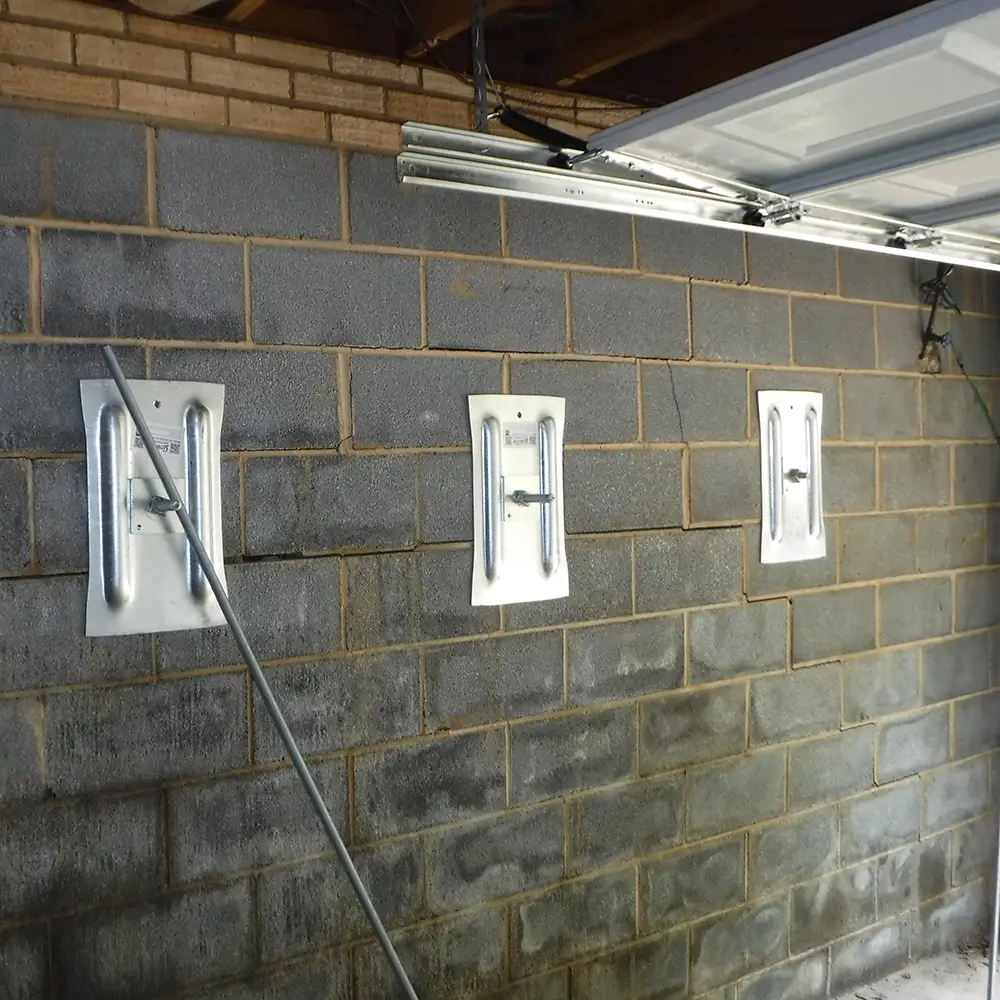
Wall Anchors
Why Choose Moisture Loc
Nothing cookie-cutter. Never a franchise.
- Family-owned and run since 1988. Moisture Loc has served local homeowners and builders for nearly 40 years. When you work in the same community for that long, you get to know it from the ground up. That’s why there isn’t a crawl space or basement issue we can’t solve.
- We do it right, or not at all. That means finding the real problem, fixing it the right way, and standing behind the work and warranty. It also means pulling the required permits that others skip. Every job gets its own right solution, done to the standard your home deserves, and we demand.
- You can breathe easier. When 40% of the air you breathe at home comes from your crawl space, you want to know it’s clean. Our encapsulation and waterproofing solutions keep humidity, mold, and wood rot out and a sense of security in. Plus, our foundation and structural solutions preserve the integrity and value of your home while delivering the peace of mind every homeowner wants.
- This means more to us. We’re rooted here, not spread across states or managed by investors. With one office and one team, the work stays close and personal. Every job means more when you live in the community you serve. We don’t answer to anybody but our customers, the way it should be.
Get Peace of Mind
With a Free Inspection
Fill out the form below or call us at 704-554-9229
Monday – Friday, 8am to 5pm



